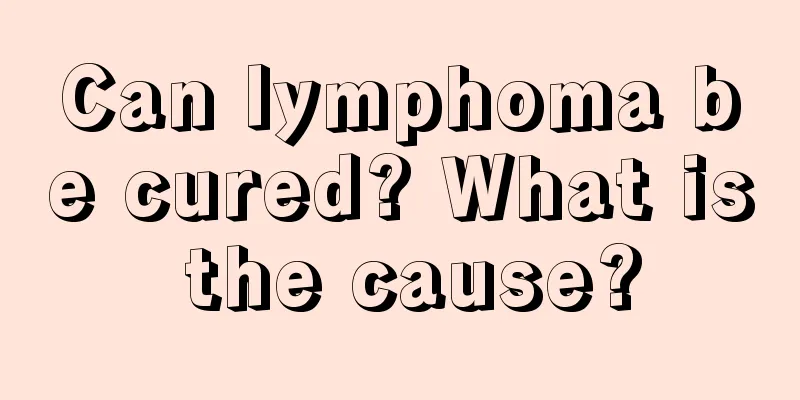What are the symptoms of herpes meningitis

|
The symptoms of herpes meningitis generally include headache, fever, body aches, herpes on the body, and sometimes hallucinations, lack of energy, sleepiness, etc. When these symptoms appear, the patient may have herpes meningitis and needs to go to the hospital for examination in time. If it is confirmed that he or she has herpes meningitis, he or she should receive professional treatment immediately. The clinical manifestations of herpetic meningitis are very similar to those of meningitis caused by other viruses. It is often associated with primary genital HSV infection and usually occurs one week after genital herpes lesions occur. Symptoms: The clinical manifestations of herpetic meningitis are very similar to those of meningitis caused by other viruses. It is often related to primary genital HSV infection and usually occurs one week after genital herpes lesions occur. 1. The disease can occur at any age, with more than 50% occurring in adults over 20 years old, and can occur in all seasons. Early symptoms include fever, headache, myalgia, drowsiness, abdominal pain and diarrhea. 2. Most cases have an acute onset, may have a history of oral herpes, body temperature may reach 38.4℃~40.0℃, headache, mild changes in consciousness and personality, and sometimes systemic or partial motor seizures as the first symptoms. Subsequently, the disease progresses slowly with prominent mental symptoms, such as inattention, slow reaction, reduced speech, emotional indifference and dull expression. The patient sits still, moves lazily, and may even be unable to take care of himself. He may also show stupor, mutism, or increased movements, strange and impulsive behavior, and intellectual disability is also obvious. 3. Neurological symptoms may manifest as diffuse and focal brain damage such as hemianopsia, hemiplegia, aphasia, ophthalmoplegia, ataxia, hyperactivity, and meningeal irritation. Most patients have impaired consciousness, and about 1/3 of them may experience systemic or partial epileptic seizures. Severe cases may die from increased intracranial pressure and brain herniation due to extensive brain parenchymal necrosis and cerebral edema. The course of the disease is from several days to 1 to 2 months. |
<<: What is primary lateral sclerosis?
>>: What are the precautions for meningitis vaccine?
Recommend
Beware! Excessive salt intake can cause stomach cancer
Recently, relevant medical experts have discovere...
How to improve sleep quality?
Having a good sleep every night can directly dete...
What to do if your child has a cough
Children's coughing is very distressing for a...
What are the effects and functions of native chicken matsutake soup
Local chicken and matsutake soup is a great delic...
Benefits of drinking green tea in summer
Green tea is a popular tea and one that is benefi...
How long does a new mattress usually last?
After decorating a house, people generally cannot...
What are the symptoms of wrist syndrome
We use our hands every day. The left hand is as i...
What to do if your heart hurts when you lie on your left side
When people sleep, they always choose to sleep in...
Does thyroid cancer cause hoarseness?
Whether thyroid cancer will cause hoarseness depe...
What to do if the instep ligament is strained? It turns out this is the way to deal with it
Instep ligament sprain is a ligament sprain that ...
The lower abdomen is swollen and painful, and it turns out that I have these diseases
When female friends experience lower abdominal di...
Can I eat shredded squid if I have stomach acid? It turns out to be like this
Squid shreds are a specialty of the seaside. Many...
What can't people with Yinxiao disease eat
Many people may not know much about psoriasis, wh...
How to treat advanced lung cancer to prolong life? Pay attention to these two points when treating advanced lung cancer
Lung cancer is easy to spread in the late stage, ...
Beware! Tall men are more likely to develop prostate cancer
In recent years, prostate cancer has become one o...









